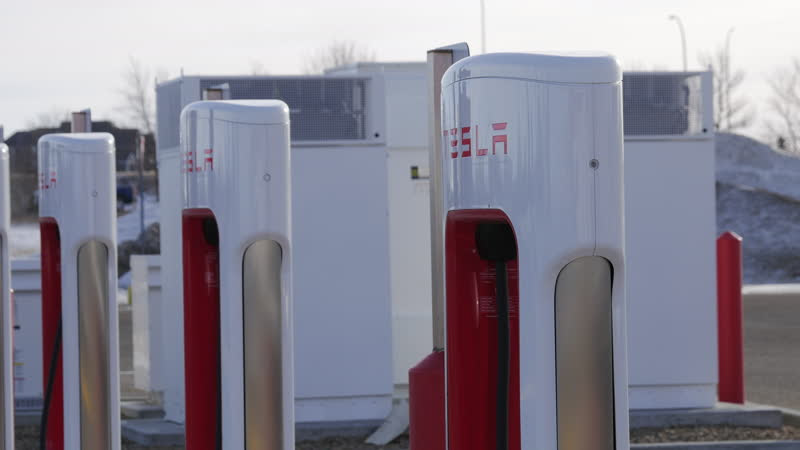The federal government is investing $28.7 million to equip Canadian workers with skills for a rapidly evolving clean energy sector and to expand artificial intelligence (AI) research capacity.
The funding, announced Sept. 9, includes more than $9 million over three years for the AI Pathways: Energizing Canada’s Low-Carbon Workforce project. Led by the Alberta Machine Intelligence Institute (Amii), the initiative will train nearly 5,000 energy sector workers in AI and machine learning skills for careers in wind, solar, geothermal and hydrogen energy. Training will be offered both online and in-person to accommodate mid-career workers, industry associations, and unions across Canada.
In addition, the government is providing $19.7 million to Amii through the Canadian Sovereign AI Compute Strategy, expanding access to advanced computing resources for AI research and development. The funding will support researchers and businesses in training and deploying AI models, fostering innovation, and helping Canadian companies bring AI-enabled products to market.
“Canada’s future depends on skilled workers. Investing and upskilling Canadian workers ensures they can adapt and succeed in an energy sector that’s changing faster than ever,” said Patty Hajdu, Minister of Jobs and Families and Minister responsible for the Federal Economic Development Agency for Northern Ontario.
Evan Solomon, Minister of Artificial Intelligence and Digital Innovation, added that the investment “builds an AI-literate workforce that will drive innovation, create sustainable jobs, and strengthen our economy.”
Amii CEO Cam Linke said the funding empowers Canada to become “the world’s most AI-literate workforce” while providing researchers and businesses with a competitive edge.
The AI Pathways initiative is one of eight projects funded under the Sustainable Jobs Training Fund, which supports more than 10,000 Canadian workers in emerging sectors such as electric vehicle maintenance, green building retrofits, low-carbon energy, and carbon management.
The announcement comes as Canada faces workforce shifts, with an estimated 1.2 million workers retiring across all sectors over the next three years and the net-zero transition projected to create up to 400,000 new jobs by 2030.
The federal investments aim to prepare Canadians for the jobs of the future while advancing research, innovation, and commercialization in AI and clean energy.
